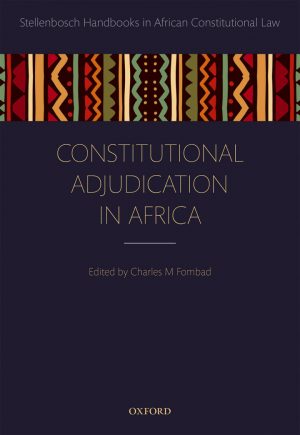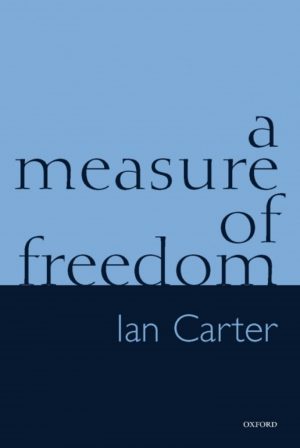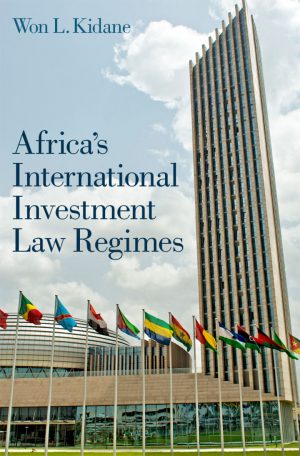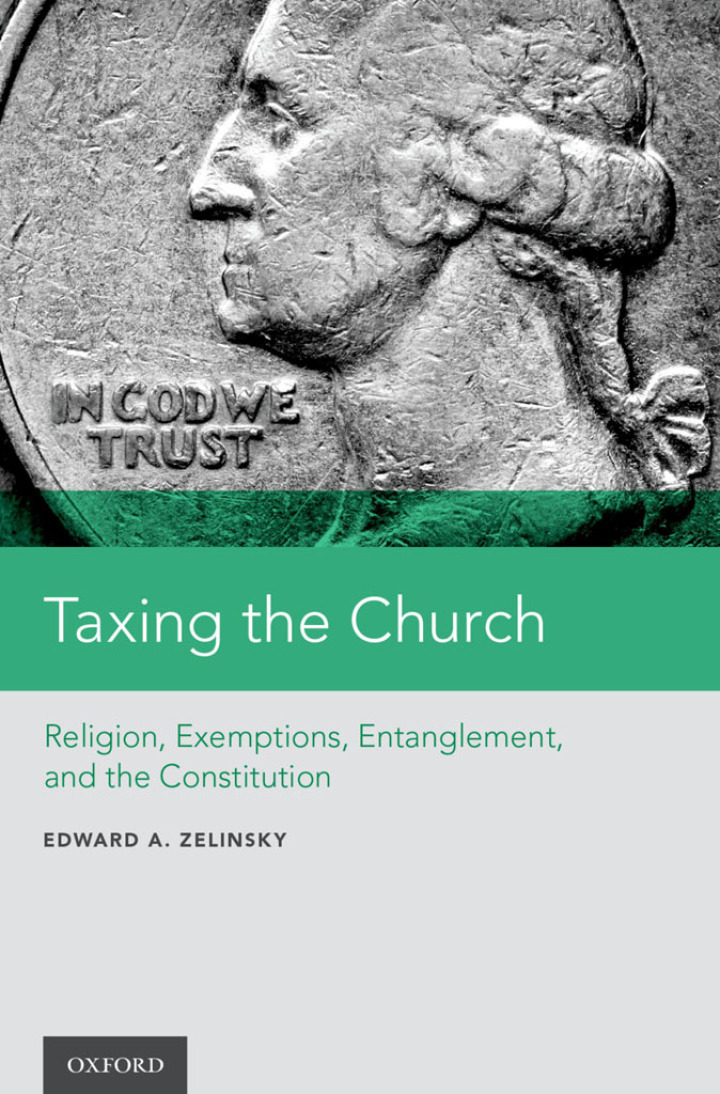Taxing the Church Religion, Exemptions, Entanglement, and the Constitution
$31.85
Attention: This is just ebook, Access Codes or any other Supplements excluded! / File Delivery: Sent Via Email within 24 hours!
SKU: 01685473f4f9
Category: Law Textbooks
Description
-
Author(s)Edward A. Zelinsky
-
PublisherOxford University Press
-
FormatPDF
-
Print ISBN
9780190853952, 0190853956 -
eText ISBN
9780190853952, 0190853956 -
Edition
-
Copyright
- Details
This book explores the taxation and exemption of churches and other religious institutions, both empirically and normatively. This exploration reveals that churches and other religious institutions are treated diversely by the federal and state tax systems. Sectarian institutions pay more tax than many believe. In important respects, the states differ among themselves in their respective approaches to the taxation of sectarian entities. Either taxing or exempting churches and other sectarian entities entangles church and state. The taxes to which churches are more frequently subject – federal Social Security and Medicare taxes, sales taxes, real estate conveyance taxes – fall on the less entangling end of the spectrum. The taxes from which religious institutions are exempt – general income taxes, value-based property taxes, unemployment taxes – are typically taxes with the greatest potential for church-state enforcement entanglement. It is unpersuasive to reflexively denounce the tax exemption of religious actors and institutions as a subsidy. Tax exemption can implement the secular, non-subsidizing goal of minimizing church-state enforcement entanglement and thus be regarded as part of a normative tax base.Taxing the church or exempting the church involves often difficult trade-offs among competing and legitimate values. On balance, our federal system of decentralized legislation reasonably make these legal and tax policy trade-offs, though there is room for improvement in particular settings such as the protection of internal church communications and the expansion of the churches’ sales tax liabilities.
Related products
-

Constitutional Adjudication in Africa 1st Edition
Rated 0 out of 5$45.50 Add to cart -

Challenging Acts of International Organizations Before National Courts 1st Edition
Rated 0 out of 5$43.88 Add to cart -

A Measure of Freedom
Rated 0 out of 5$29.25 Add to cart -

Africa’s International Investment Law Regimes 1st Edition
Rated 0 out of 5$61.75 Add to cart

